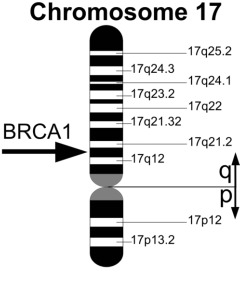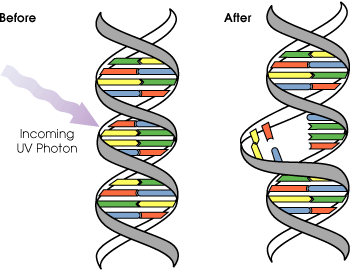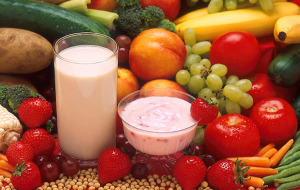Causes and Risk Factors
Causes
Cancer is fundamentally caused by mutations in the DNA sequence of a cell. If the DNA code is changed and becomes erroneous, then the cell may be stimulated to grow and divide very rapidly. This is the hallmark of a cancerous cell.
Specific genes have been linked to breast cancer, and the most widely-studied genes are BRCA1 and BRCA2.
People with mutations these genes are more likely to develop breast cancer. The two genes are part of a family known as tumour suppressor genes, and have been found to be mutated specifically in cases of breast cancer; hence their names-BRCA stands for breast cancer specific.
In families where there have been several cases of breast cancer, the chance of that cancer being due to a mutation in the BRCA genes is higher. However, just because a person carries a mutant BRCA gene does not necessarily mean they will go on to develop breast cancer.
A study in 2006 demonstrated that BRCA1 and BRCA2 are vital for maintaining genome stability; in this study the genes were knocked out of a mouse model, and as a result genome instability increased, leading to a higher susceptibility to mutations which could lead to the development of cancer. Read the full article
Further information on BRCA1 and BRCA 2 can be found in the Current Research section.
Image courtesy of https://commons.wikimedia.org/wiki/File:BRCA1_en.png under the Creative CommonsAttribution-Share Alike 3.0 Unported license
Risk Factors
Other  than genetic mutations, other factors which may influence the development of breast cancer include:
than genetic mutations, other factors which may influence the development of breast cancer include:
Advancing age - 80% of breast cancer cases occur in post-menopausal women
UV radiation - UV damages the DNA sequence of cells, leading to mutations which can potentially cause cancer
A family history - you are more likely to be diagnosed with breast cancer if there have been other cases in the family. This is likely due to an inherited mutation that increases the risk of developing breast cancer.
Image courtesy of https://commons.wikimedia.org/wiki/File:DNA_UV_mutation.gif Image is in the public domain and thus free from any copyright restrictions.

A healty diet can also help with preventing cancer onset. In an obese body, there are many more cells and the abundance of nutrients provides an environment that favours cell division, providing many more opportunities for mutations to occur
Read more about diet and breast cancer.
Image courtesy of https://commons.wikimedia.org/wiki/File:Soy-whey-protein-diet.jpg Image is in the public domain and thus free from any copyright restrictions.
